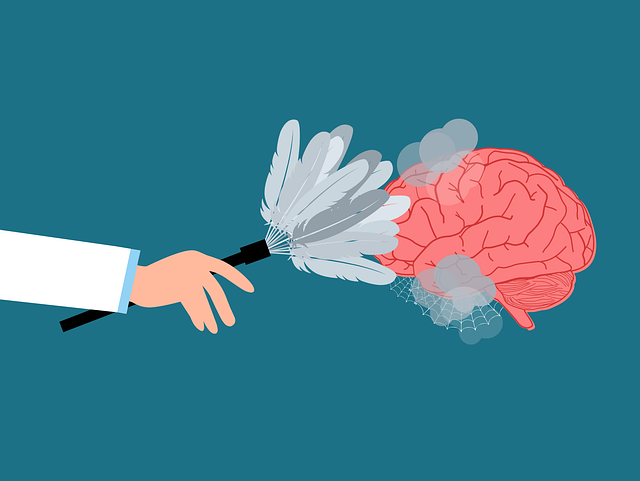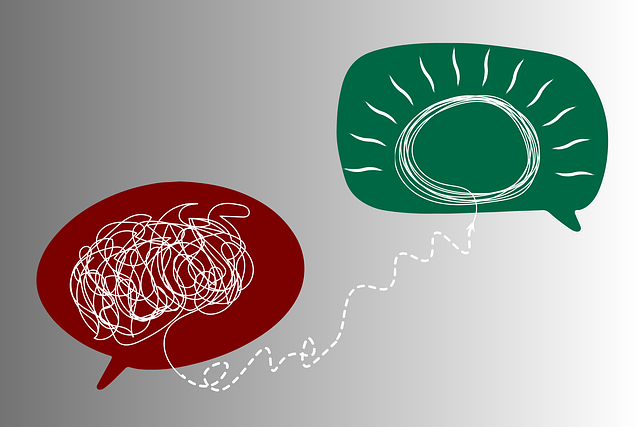Colorado Springs' mental health crisis hotline services stand out for their inclusive approach, integrating American Sign Language (ASL) therapy to support deaf and hard-of-hearing individuals. By combining confidential assistance with specialized ASL communication, these hotlines offer immediate help, mindfulness techniques, and emotional strength development. Public awareness campaigns further reduce stigma, encouraging everyone in Colorado Springs, regardless of hearing ability, to access mental health support when needed.
Mental health crisis hotline support services are invaluable resources, offering immediate assistance during times of distress. This article explores the significance of these hotlines, highlighting Colorado Springs as a pioneer in American Sign Language (ASL) therapy for emergency mental health support. We delve into how ASL therapy enhances communication and care, ensuring diverse communities receive effective assistance. Additionally, we provide practical guidance on accessing and utilizing hotline resources, emphasizing the power of immediate intervention through innovative approaches like ASL therapy.
- Understanding the Importance of Crisis Hotline Services
- Colorado Springs: A Hub for American Sign Language (ASL) Therapy
- How ASL Therapy Enhances Emergency Support
- Accessing and Utilizing Hotline Resources Effectively
Understanding the Importance of Crisis Hotline Services

In today’s fast-paced world, mental health crisis hotline support services play a pivotal role in assisting individuals navigating turbulent emotions and thoughts. These hotlines offer immediate, confidential, and non-judgmental assistance, serving as a lifeline for those struggling with mental health issues, suicidal ideation, or emotional distress. In Colorado Springs, American Sign Language (ASL) therapy integrated into these hotline services further broadens access to care, ensuring that deaf and hard-of-hearing individuals receive the same level of support as their hearing counterparts.
The significance of crisis hotline services cannot be overstated. They provide a safe space for individuals to express themselves without fear of stigma or repercussions. By offering both active listening and specialized ASL therapy, these hotlines foster better communication, promote mindfulness meditation techniques, and encourage inner strength development. Moreover, public awareness campaigns can help destigmatize mental health challenges, ensuring that more people reach out for help when needed.
Colorado Springs: A Hub for American Sign Language (ASL) Therapy

Colorado Springs has emerged as a significant hub for American Sign Language (ASL) therapy, addressing a critical gap in mental health support services. This unique initiative recognizes the importance of accessible communication in crisis intervention guidance, especially within diverse communities. By integrating ASL into therapeutic practices, local service providers offer emotional regulation techniques tailored to deaf and hard-of-hearing individuals, enhancing overall mental health awareness.
The availability of ASL therapy in Colorado Springs is a game-changer for those who have traditionally faced barriers to receiving effective support. It ensures that crisis intervention can be delivered seamlessly, fostering an inclusive environment where everyone can access the care they need. This innovative approach not only complements existing mental health services but also underscores the city’s commitment to addressing emotional well-being holistically, catering to a diverse range of needs within its community.
How ASL Therapy Enhances Emergency Support

In many emergency situations, effective communication is paramount for delivering quality care. This is especially true when supporting individuals with hearing impairments or those who prefer American Sign Language (ASL) as their primary mode of expression. Colorado Springs American Sign Language Therapy plays a pivotal role in enhancing crisis hotline support by providing interpreters who are adept at navigating the nuances of ASL. These professionals ensure that every word is accurately conveyed, fostering better understanding and empathy between the caller and the support staff.
Beyond translation, ASL Therapy offers valuable insights into non-verbal cues, body language, and unique cultural perspectives that can be crucial in stress management workshops organized for crisis hotline volunteers. By incorporating Empathy Building Strategies and Coping Skills Development, these services empower hotline operators to connect with callers on a deeper level. This holistic approach not only improves the overall quality of support but also allows for more effective intervention during mental health crises.
Accessing and Utilizing Hotline Resources Effectively

Accessing hotline resources for mental health support can be a lifeline, especially during crises. In Colorado Springs, American Sign Language (ASL) therapy services play a pivotal role in ensuring effective communication and care for deaf or hard-of-hearing individuals seeking help. Utilizing these resources effectively involves understanding the unique challenges they face and tailoring support accordingly. For instance, ASL therapists can employ advanced communication strategies, incorporating emotional intelligence and regulation techniques within the sign language context.
By fostering open dialogue through ASL, hotline counselors can create a safe, inclusive environment where individuals feel empowered to express their feelings honestly. This approach not only enhances accessibility but also allows for more nuanced understanding of complex emotional states. Whether it’s teaching coping mechanisms or simply providing a listening ear, these services are designed to offer immediate relief and long-term support, promoting better mental health outcomes.
In conclusion, mental health crisis hotline support services play a pivotal role in providing immediate assistance and long-term solutions for individuals facing emotional distress. With initiatives like Colorado Springs’ American Sign Language (ASL) therapy gaining traction, we’re witnessing a revolution in emergency support. ASL therapy not only enhances accessibility but also offers a unique, effective approach to caring for diverse communities. By understanding how to access and utilize these resources, we can ensure that everyone, regardless of communication methods, receives the help they need during crises.














